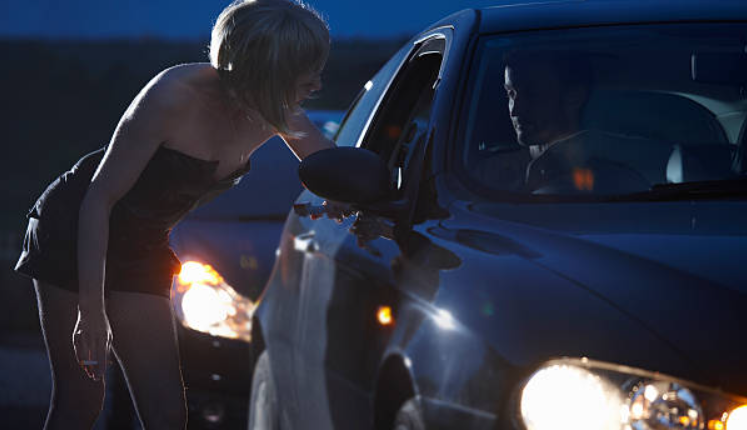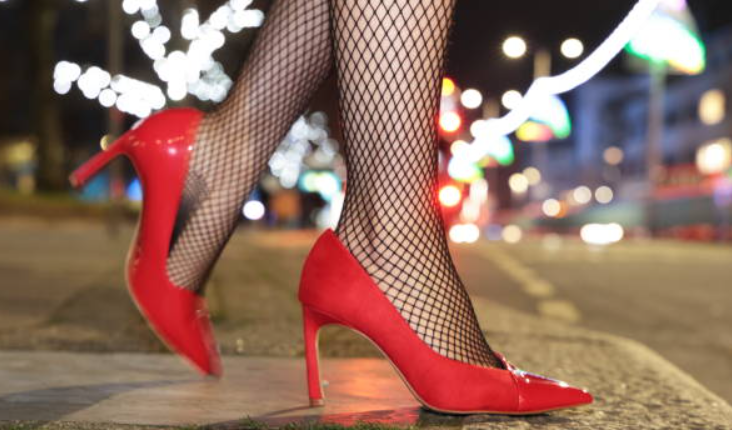
Progressives in California are mobilizing against a bill that would recriminalize loitering on the street for the purpose of prostitution, sparking a heated discussion.
The goal of SB 1219, sponsored by Republican Senator Kelly Seyarto, is to bring back a rule that forbids loitering in public areas. However, lawmakers and advocates who are worried about the bill’s potential effects on marginalized communities have fiercely opposed it.
Safer Streets vs. Unintended Consequences
The legislative conflict stems from SB 357, also known as the Safer Streets for All Act, which was introduced by San Francisco Democrat Scott Wiener and signed into law by Governor Gavin Newsom in 2022.
On the other hand, detractors contend that SB 357 has unintentionally strengthened prostitution and sex trafficking in places like Oakland, San Francisco, Los Angeles, and San Diego, rather than promoting safety. Seyarto supports SB 1219 as a way to help victims of human trafficking, stressing the significance of using all the resources at one’s disposal to keep them safe.
Wiener, on the other hand, argues that SB 357 was intended to stop law enforcement from conducting biased profiling based just on an individual’s appearance and criticizes the arbitrary process of making an arrest based only on a suspect that someone is involved in sex work.
Read more: Oregon Lawmakers Roll Back Drug Decriminalization, Reinstating Criminal Penalties
California Law Enforcement Frustrations

Under SB 1219, not only would loiterers face penalties, but motorists soliciting prostitutes for sex would also be subject to punishment. Law enforcement sources in Los Angeles express frustration, asserting that current regulations hinder their ability to combat prostitution effectively.
They argue that because of changes, arrests are only possible if suspects confess to being involved in prostitution, which is an uncommon occurrence. Reintroducing the penalties for loitering is essential, according to SB 1219 supporters, in order to prevent women from becoming victims of sex trafficking.
But social justice organizations like the American Civil Liberties Union are fiercely opposed to the measure, and they have condemned it. They contend that it would be more successful to reduce prostitution by addressing the underlying causes, such as the housing problem, and strengthening social safety nets.
Voices from underrepresented groups, including transgender LGBTQ+ activist Fatima Malika Shabazz, warn of the deadly implications of SB 1219 during the contentious debate.
The California Public Defenders Association and the San Francisco Public Defender’s office, in addition to advocacy groups, oppose the bill. California is juggling the delicate entwinement of civil liberties, public safety, and the continuous struggle against injustice and exploitation while the future of SB 1219 is in doubt.
Read more: Trump’s $175m Bond: A Temporary Reprieve In New York Civil Fraud Case

